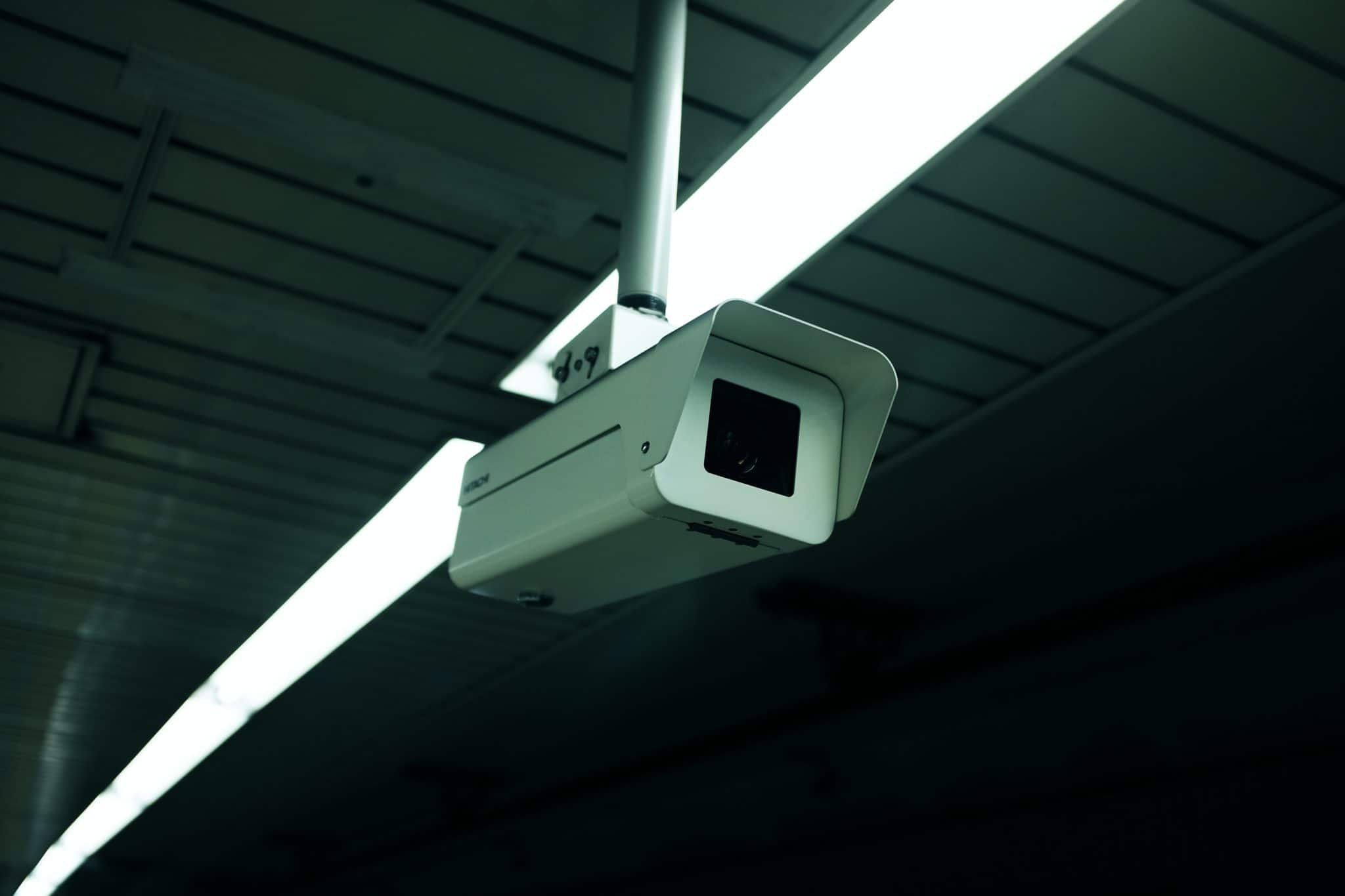Randon Herrera is a student at Harvard Law School.
As businesses continue to feel the impact of the COVID-19 pandemic, employers are increasingly turning to work-sharing as an alternative to layoffs. Work-share programs, which are now being offered in at least 29 states, involve a work scheme where employees become eligible to receive unemployment benefits proportionate to lost hours if they have their hours reduced. This allows employers to cut hours in lieu of cutting workers, with the understanding that the government will help support their workers. While the concept of work-sharing has never taken off in the US, the federal CARES Act provides $100 million in grants for states to enact work-sharing programs, and also covers 50% of the benefit payments. Though more business are cuing in and adopting work-sharing schemes, states without work-sharing programs have been slow to take advantage of the federal assistance to enact such programs.
According to several labor and employment experts, current working conditions are speeding up an already rising trend of worker surveillance. For instance, companies like Amazon are using surveillance technology to better police and enforce social distancing in their warehouses. Amazon infamously already heavily surveils its employees to increase productivity. Worker surveillance is even finding its way into people’s homes. As more and more workers transition to remote work, many companies are taking advantage of software that allows them to track workers’ computer usage. Use of such software to monitor remote work is not new. But it is increasing. Activity monitoring software companies AciveTrak, Time Doctor, Teramind, and Hubstaff have all reported increased demand for their products.
According to one estimate, over 100,000 airline employees may lose their jobs by the end of 2020. In exchange for federal assistance received earlier this month, major airlines agreed to suspend layoffs for at least six months. However, United Airlines is on record stating that it plans to begin cutting jobs as soon as it is permitted to on October 1 of this year.
The Supreme Court declined to review a Second Circuit decision that raised the question of what threshold employees must meet to prove disability discrimination by their employer. The petitioner, Natofsky, a former director at the New York City Department of Investigations, sued the city under a federal disability bias statute after being terminated. In his petition for certiorari, he argued that a showing that his disability had constituted at least one animus for his termination should be sufficient to prove his claim. The Second Circuit, in contrast, ruled that he needed to show that he would not have been terminated but for his disability.






Daily News & Commentary
Start your day with our roundup of the latest labor developments. See all
February 4
Lawsuit challenges Trump Gold Card; insurance coverage of fertility services; moratorium on layoffs for federal workers extended
February 3
In today’s news and commentary, Bloomberg reports on a drop in unionization, Starbucks challenges an NLRB ruling, and a federal judge blocks DHS termination of protections for Haitian migrants. Volatile economic conditions and a shifting political climate drove new union membership sharply lower in 2025, according to a Bloomberg Law report analyzing trends in labor […]
February 2
Amazon announces layoffs; Trump picks BLS commissioner; DOL authorizes supplemental H-2B visas.
February 1
The moratorium blocking the Trump Administration from implementing Reductions in Force (RIFs) against federal workers expires, and workers throughout the country protest to defund ICE.
January 30
Multiple unions endorse a national general strike, and tech companies spend millions on ad campaigns for data centers.
January 29
Texas pauses H-1B hiring; NLRB General Counsel announces new procedures and priorities; Fourth Circuit rejects a teacher's challenge to pronoun policies.